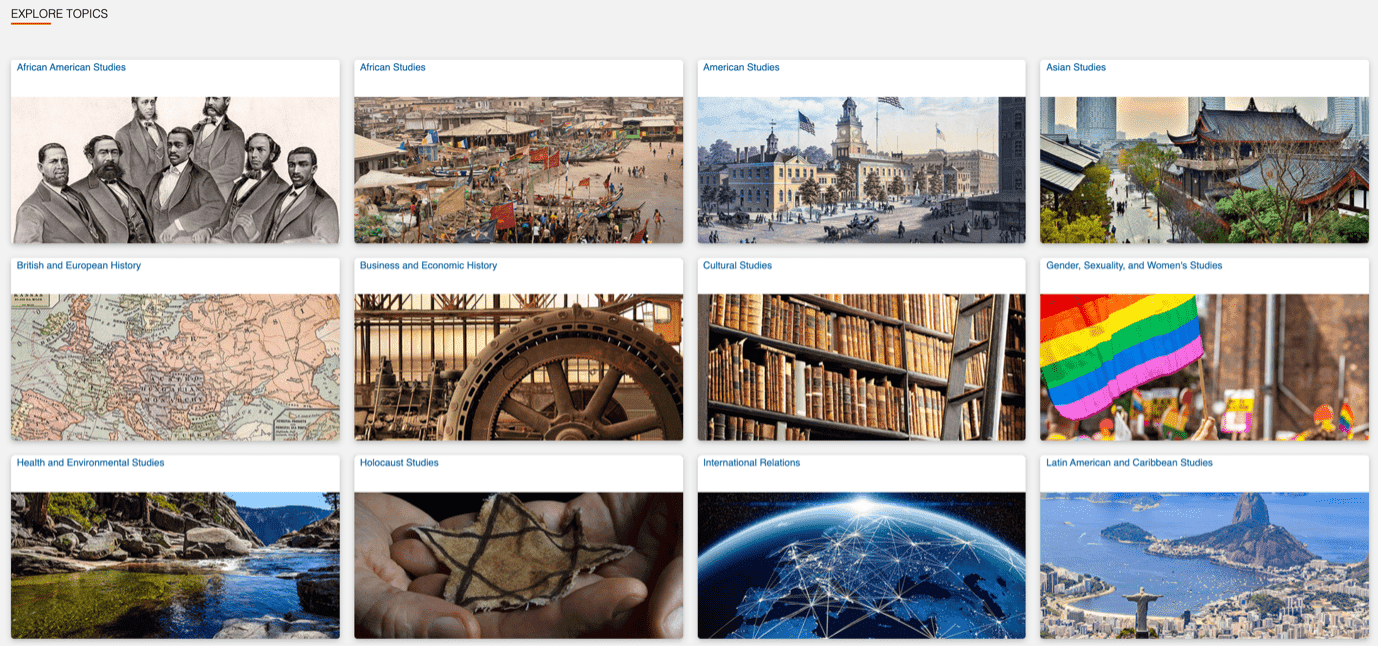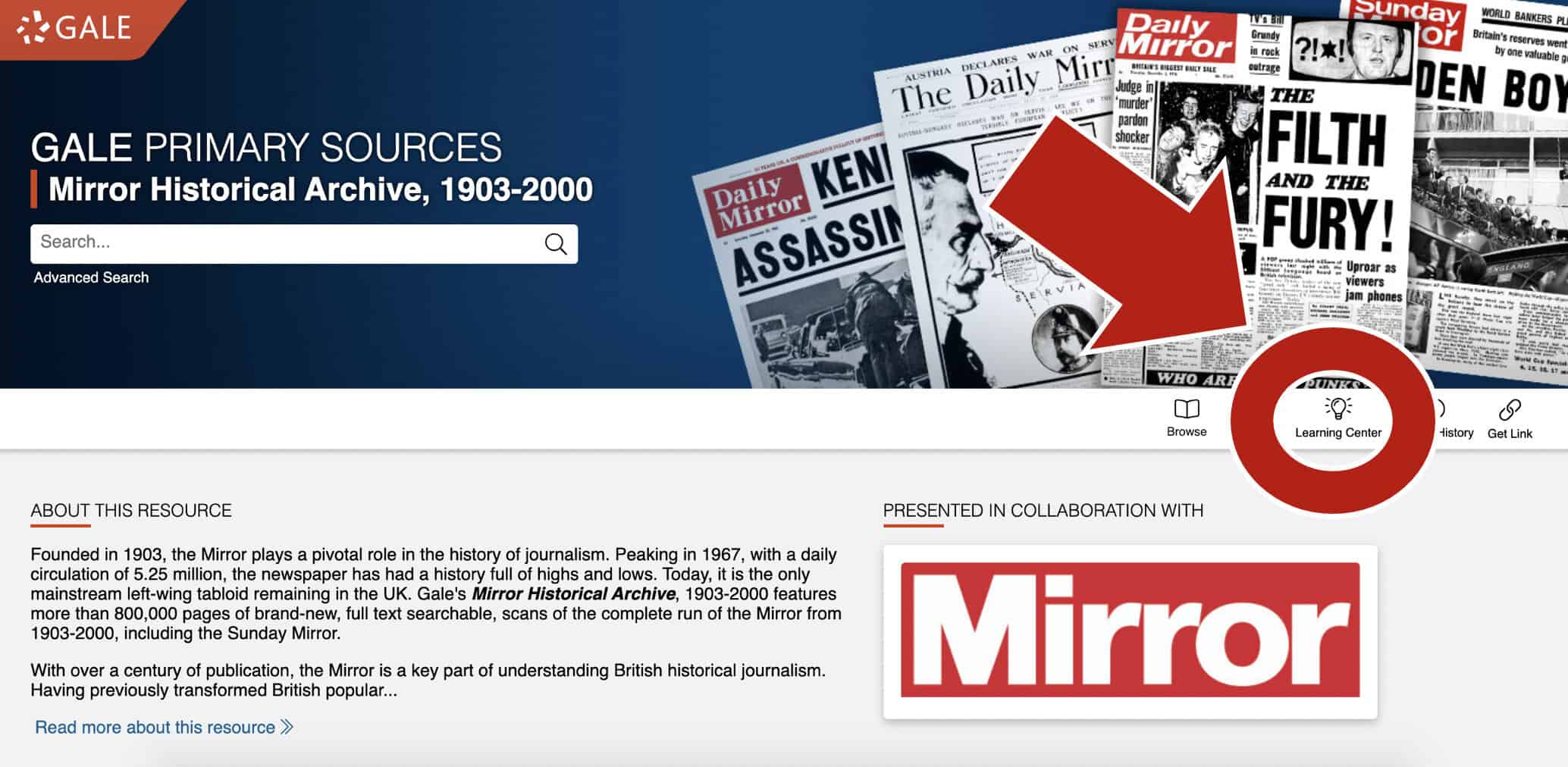│By Ellie Brosnan, Gale Ambassador at Durham University│
State Papers Online is a digitised collection containing British government papers from throughout the sixteenth, seventeenth and eighteenth centuries. It offers access to a range of different materials, from official documentation and legislation to more informal correspondence between key political actors of this period. This resource is split into three main collections that all host different materials related to the issue of early modern British government. The focus of this blog post is exploring how State Papers Online can be utilised for an undergraduate dissertation investigating the changes to early modern politics over the course of these centuries.



